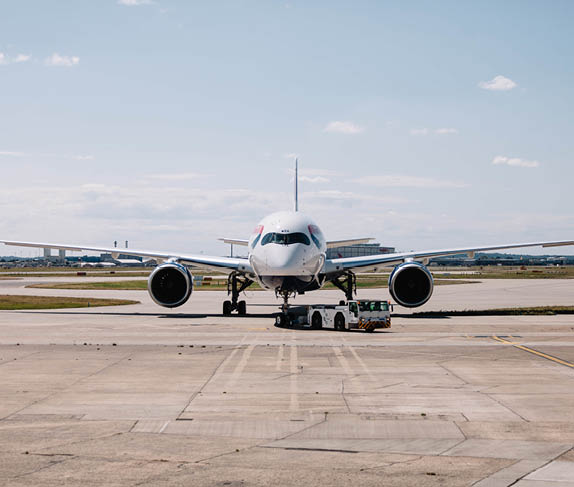A new study reveals that the closure of Heathrow could, by 2030, lead to the loss of over 100,000 jobs and £8bn in economic output. The London Heathrow Economic Impact Study released by a consortium of five organisations was submitted to the Airports Commission, chaired by Howard Davies, to inform the debate on the UK’s aviation infrastructure needs.
The study, carried out by economic consultants Regeneris, explored three main scenarios: constructing a new hub airport to the east of London with the closure of Heathrow; an expanded Heathrow; and a “do-nothing” option.
Highlights of the report included the following: • At present the activity at Heathrow Airport supports 120,000 jobs and £6bn in economic output across the western wedge economy; a further 170,000 to 230,000 jobs are dependent on the good air connections offered by Heathrow.
• By 2040 an extra 35,000 jobs could be created if Heathrow expands compared to a do-nothing option and the region would see annual GVA boosted by £3 billion as a result of the extra activity at Heathrow.
• The better air connections could deliver business productivity benefits of £230m to £300m pa from reduced delays and more frequent services, with around 50 additional long and short haul services offered. The expansion of Heathrow would help secure the many jobs in international firms clustered around the airport.
• Were Heathrow to be closed and replaced by a new hub airport the impacts would be dramatic. By 2030 there would be a loss of 105,000 jobs within the western wedge area and GVA could be £8bn lower.
• By 2030, the closure of Heathrow and travel to and from a new hub airport would add £440m per annum in costs to existing businesses in the western wedge.
• In the long run, the 170,000 to 230,000 jobs whose presence depends on the good air connections at Heathrow would be at risk. Firms would seek to locate to the new hub airport or out of the UK altogether.
Steve Lamb, Chair for Thames Valley Berkshire LEP comments, “The findings reinforce the critical importance of the airport on the regional economy. The proximity to a hub airport at Heathrow is of critical importance to Thames Valley businesses. The airport acts as a gateway to new and emerging markets of the world. The ‘western wedge’ area to the west of London is a fiercely competitive global market and the need to facilitate more and better aviation links from an expanded Heathrow is absolutely crucial for keeping us well- connected, as well as ensuring that we secure reductions in the operational impact of Heathrow now, and for the foreseeable future.”

